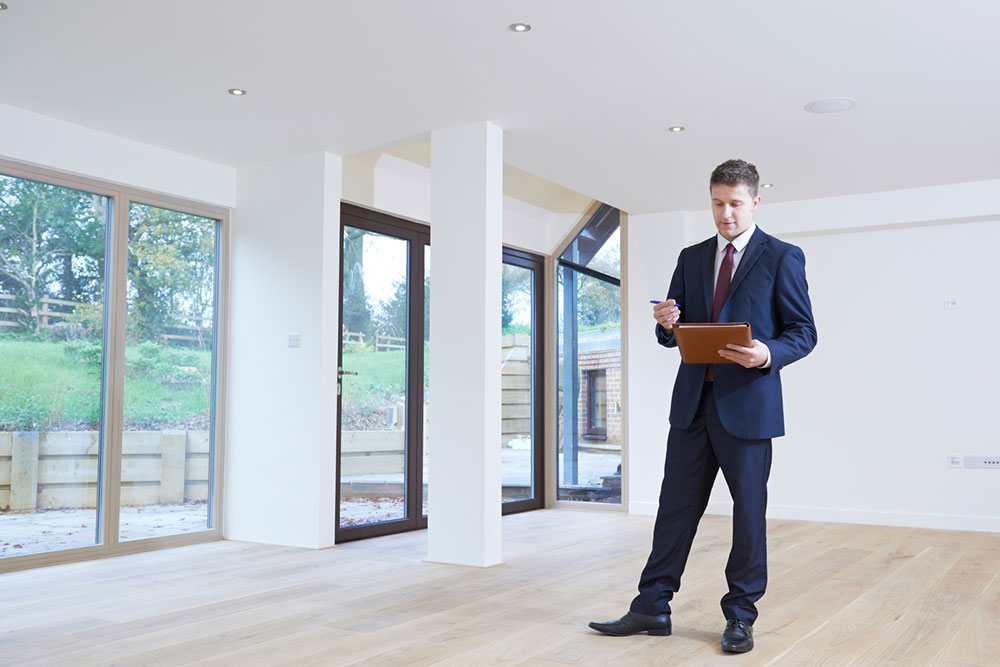5 Ways to Check the Market Value of a Home
Homeowners looking to sell or refinance their homes need to do a home evaluation. This is a crucial and must be done at the beginning. Knowing the current market value of a home can help homeowners set a competitive price and make informed decisions regarding mortgages and refinances. While there is no specific way to calculate the accurate property value, one can estimate the home value range by considering multiple variables and factors.

Factors that influence a home’s market value
When trying to find the current value of one’s home, homeowners should look into several factors.
- The location of the house
- The layout and size of the house
- The upkeep and maintenance of the house
- The overall age of the house
- The average distance from local amenities
- Transport and commute convenience
- School catchment areas
- Risk of flood (this needs to be checked for Wales and England, Northern Ireland, and Scotland)
- Crime rates
- If the area around the house is undergoing subsidence
One can check the market value of a house using several methods.
1. Seek advice from estate agents
Local estate agents are one of the best resources to determine how much the value of a house would be. They are professionals with in-depth knowledge of the property market in the nearby area. So, one can contact a few well-known agents for professional opinions about the home’s value. They will look at the various unique features of the house and check the recent local sales to determine an accurate estimate of the home’s value.
2. Research the recent sales of nearby houses
One of the top ways to estimate the home value is to look at the other properties that have sold in the area. Often known as comparable sales or comps, this involves making a list of homes that are comparable to one’s own house. Typically, ideal comps are the houses that are located close by and are nearly the same age and size. Besides these, the comps have conditions and features similar to those of one’s own house. In order to get a close estimate of the home’s value, it is advisable to check the sold prices of the last six months. One can use several resources to find comparable sales in their area.
- Listing sites of estate agencies
- Ask an estate agent
- The land registry (this can be used to find information on sold prices for properties located in England and Wales)
3. Use online property valuation tools
There are several online tools that are available to check the value of a home anywhere in the country. These tools can give an instant estimate of a property’s value. Besides, one does not have to pay fees or charges to find this information since some websites offer free valuation tools. These tools typically take into consideration multiple variables, such as the size of the house, the location of the house, and current housing market trends. All of these are used to find an estimate for the value of the property. But these tools only provide an estimate, so a homeowner must look into other ways as well and not rely on only these to find out the value of their property.
4. Hire a valuation surveyor
Aside from consulting local real estate agents, a homeowner can also hire a valuation surveyor to do a home valuation. They have extensive expertise and knowledge of the local real estate market since they tend to estimate the value of several homes in the same area. Surveyors usually charge a small fee, around a few hundred pounds. They visit the property to do a thorough inspection of the house. They will check the physical condition of the house, look at the legal considerations, and take into account market comparables. Based on this inspection, they create a highly detailed and in-depth report for home valuation. This report provides an objective and independent estimate of the home’s value from an expert. Besides, a homeowner can also have peace of mind that their asking price matches the true value of the home in case they want to sell the house. While hiring a surveyor, make sure they are RICS-certified.
5. Use different methods of valuation
Most methods of calculating home valuation do not really give an accurate number. They usually provide an estimate. Besides, each method has its own merits and disadvantages. So, it helps to combine the results of several different valuation methods so that a homeowner can get at least a range of the approximate value of their home. Sometimes, the correct combination of methods can give the most accurate numbers, especially for standard family homes in urban areas. There are several approaches to do this.
- Comparative market analysis : Also known as the CMA method, this involves comparing the house to the current sale of other similar properties.
- Income approach: For those who own multi-family rentals, it can be helpful to estimate the investment value by determining the expected rental income.
- Cost approach : This method requires one to add together the value of the site with the depreciated replacement cost of improvements and labour/profit.
- Appraisal : For this, a licensed appraiser, such as a surveyor or real estate agent, can offer a professional opinion of the valuation of the house.